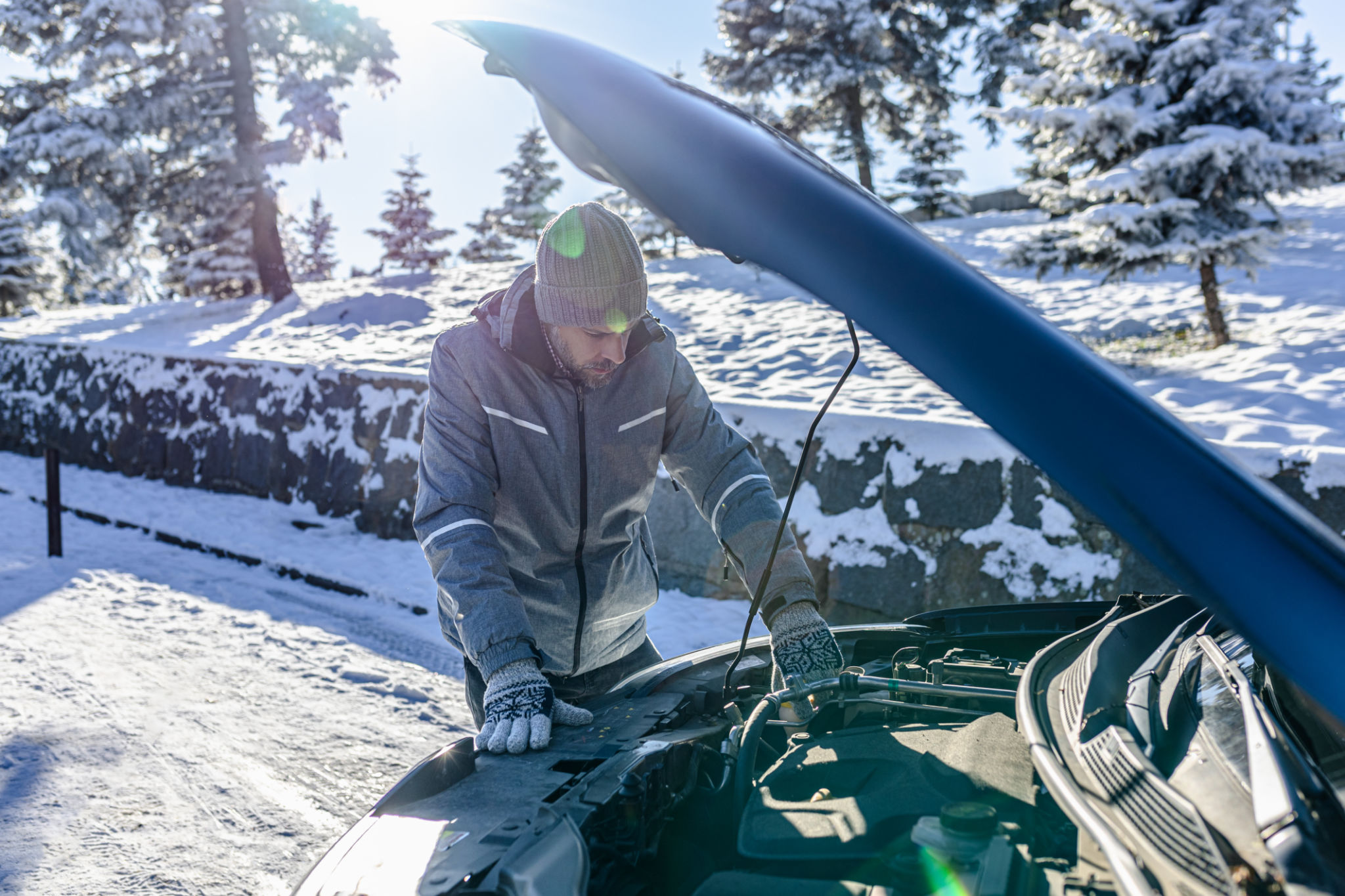Seasonal Tips for Safe Non-Emergency Transport During Georgia's Winter Months
Prepare Your Vehicle
As winter approaches in Georgia, it's important to ensure your vehicle is ready for the colder months. This includes checking your tires, battery, and fluids. Proper tire maintenance is crucial, as the cold weather can reduce tire pressure, leading to decreased traction on icy roads.
Ensure that your battery is in good condition, as cold temperatures can affect its performance. It's also essential to have a sufficient amount of antifreeze and windshield washer fluid to prevent freezing. Regular maintenance checks can help you avoid unexpected breakdowns during your journey.

Safety Essentials
When planning a non-emergency transport during Georgia's winter months, it's vital to have a safety kit in your vehicle. This kit should include items such as a flashlight, blankets, water, and non-perishable snacks. It's also advisable to carry a first-aid kit and any necessary medications.
Consider including an ice scraper and a small shovel in your kit as well. These tools can be invaluable if you need to clear ice from your windshield or dig your vehicle out of a snowbank.
Plan Your Route
Before setting out, check the weather forecast and road conditions along your planned route. This information can help you avoid areas with heavy snowfall or ice accumulation. Additionally, consider having an alternate route planned in case of road closures or other unexpected obstacles.

Drive Cautiously
Once on the road, it's crucial to drive cautiously and adjust your speed according to the conditions. Keeping a safe distance from other vehicles is important, as stopping distances can increase on icy roads. Use gentle acceleration and braking to maintain control of your vehicle.
Avoid using cruise control when driving on slippery surfaces, as it can make it more challenging to react quickly to changing conditions. Staying alert and focused will help you navigate safely through winter weather.
Stay Connected
In case of an emergency or unexpected delay, it's important to stay connected with someone who knows your route and estimated arrival time. Ensure your phone is fully charged before setting out, and consider carrying a portable charger for longer trips.

Know When to Stay Off the Roads
Sometimes, the safest option is to postpone your trip if conditions are particularly hazardous. If the forecast predicts severe weather, it may be wise to reschedule your travel plans until conditions improve.
Your safety is the top priority, and waiting for better weather can prevent accidents and stress.